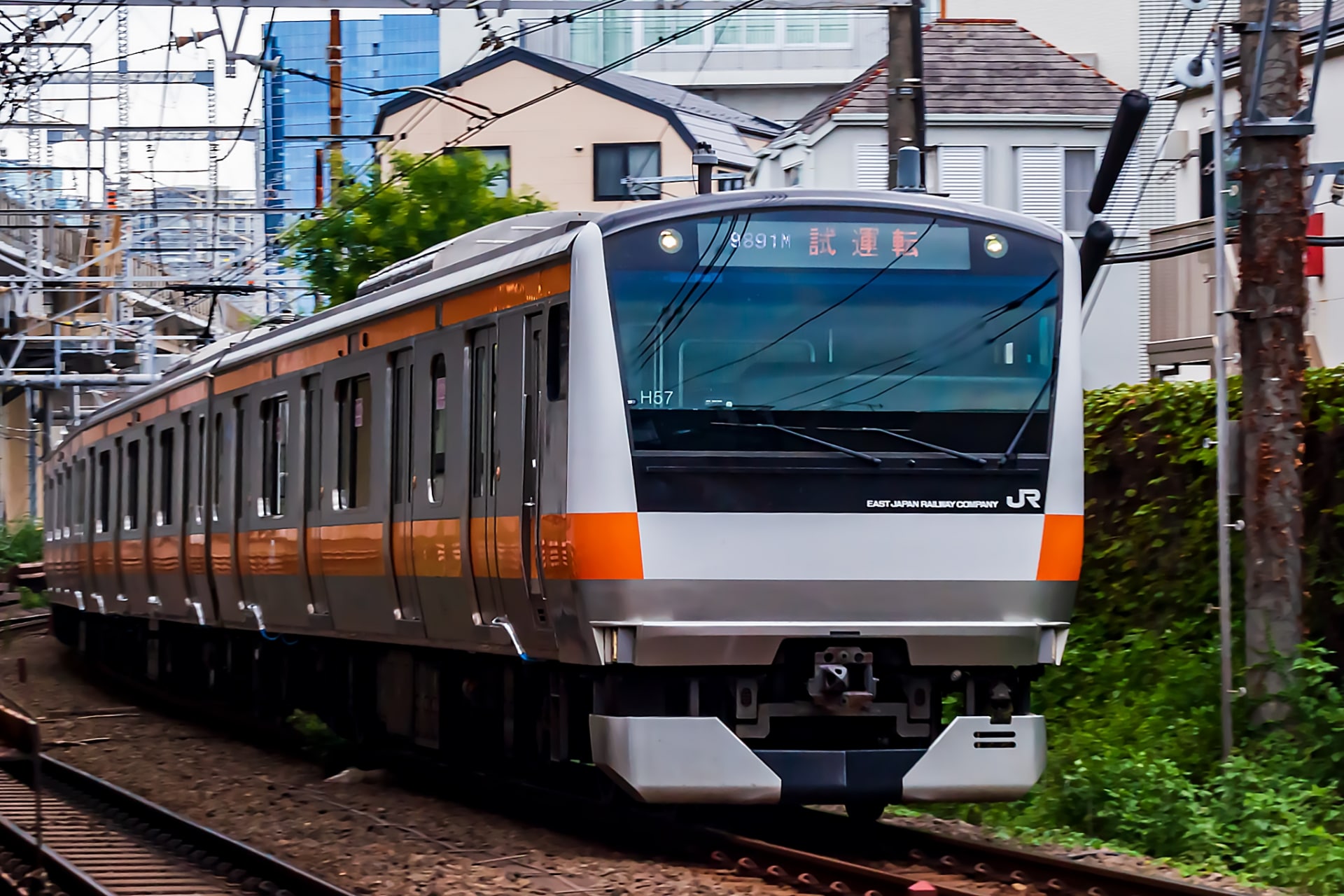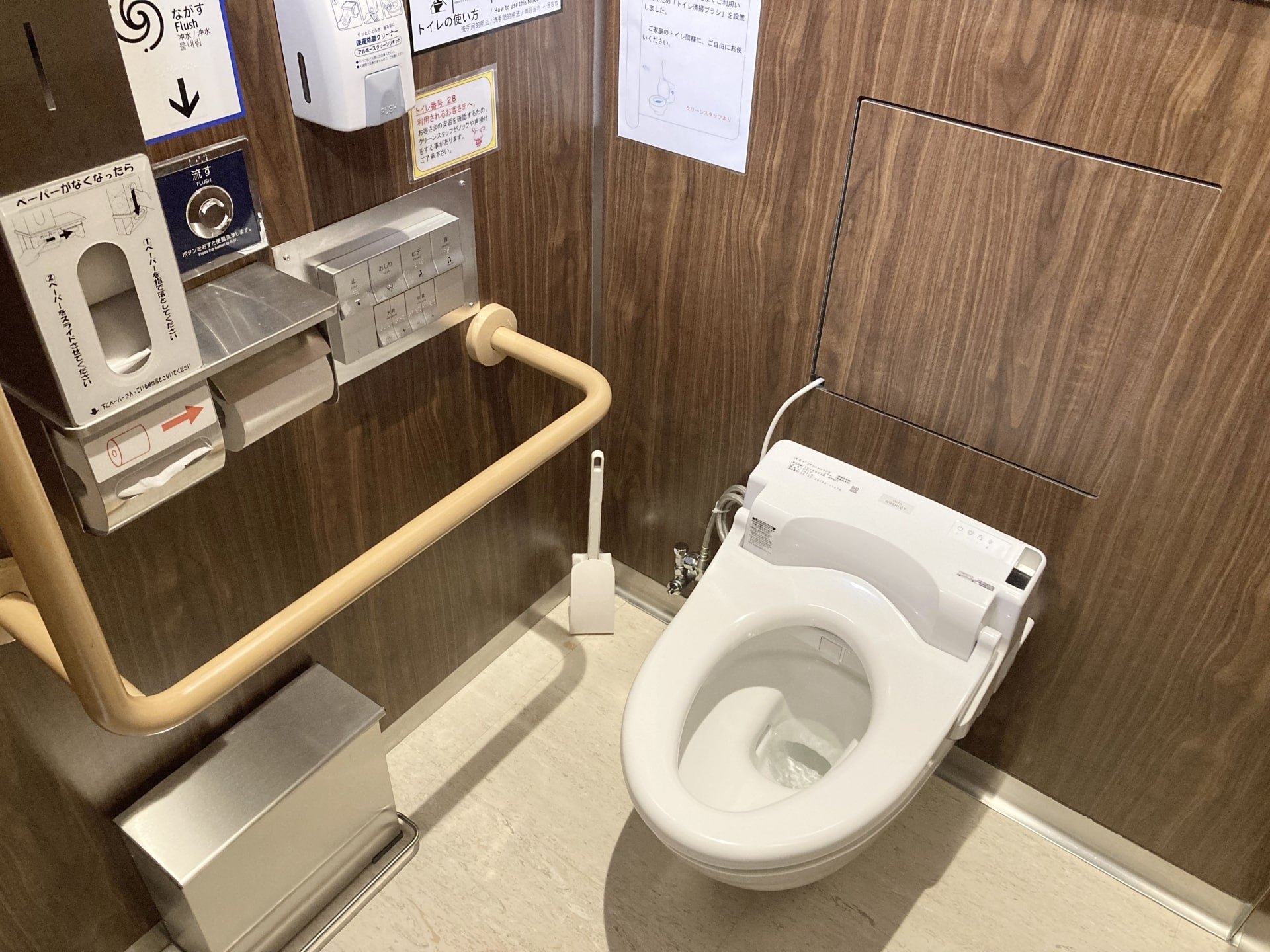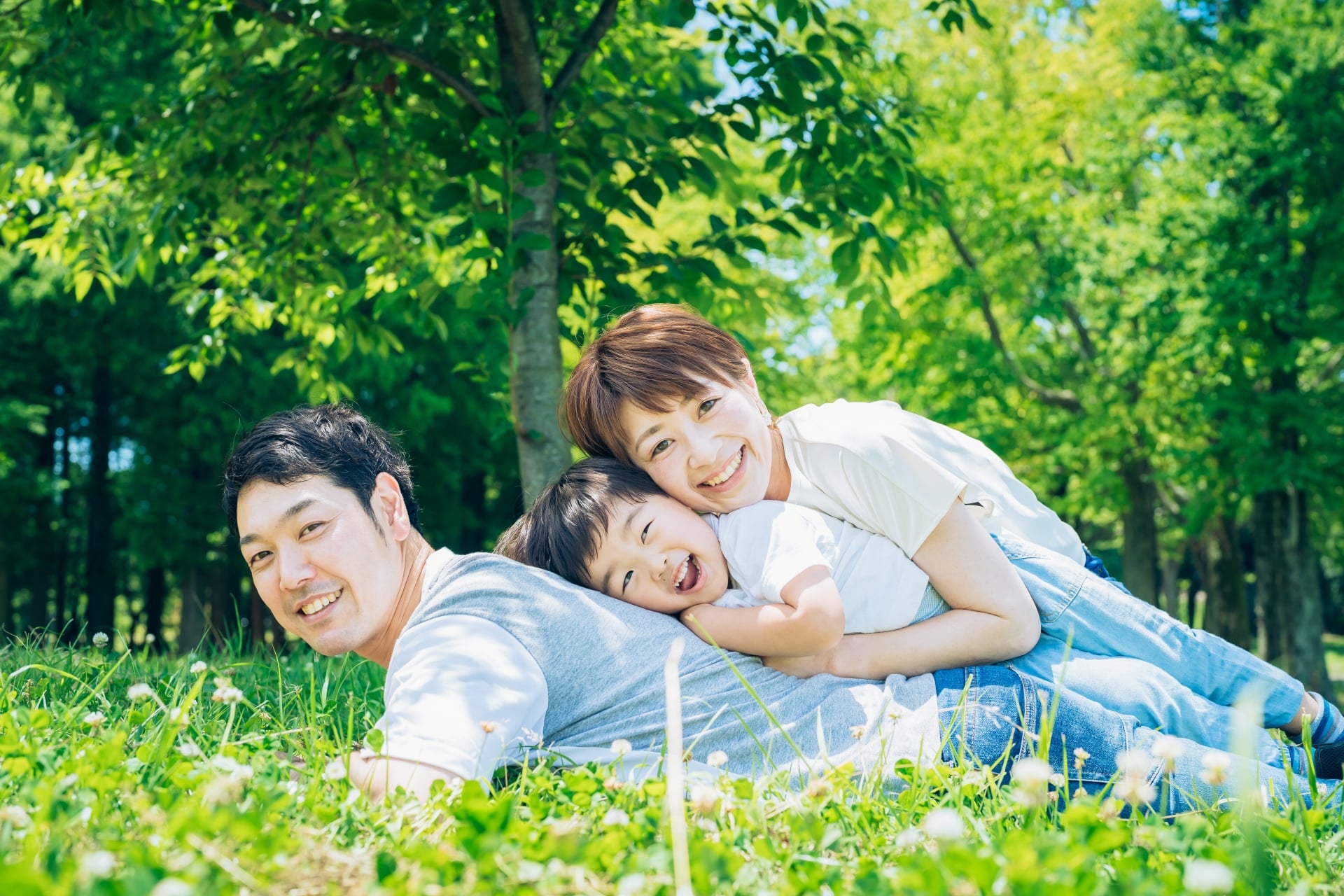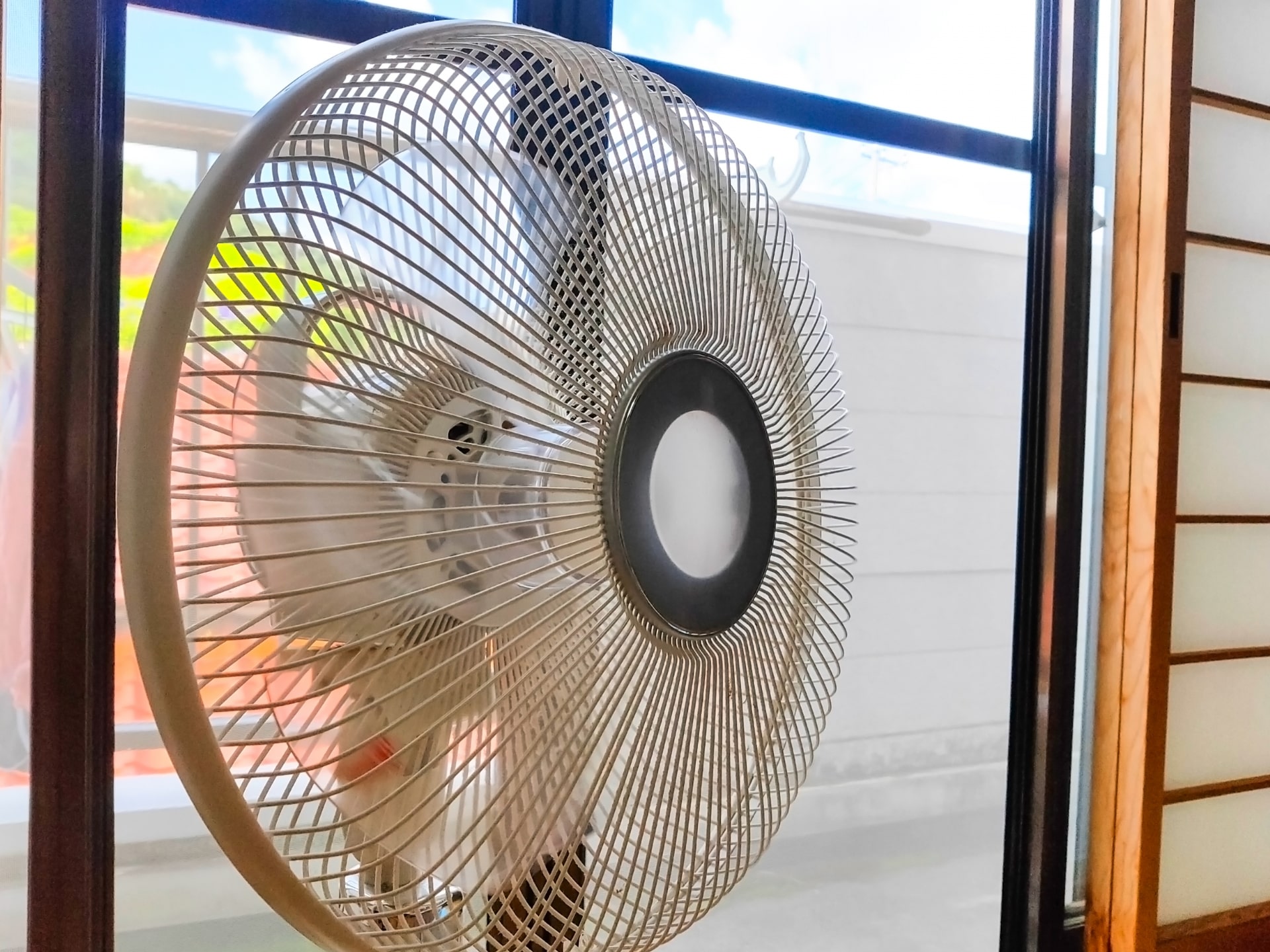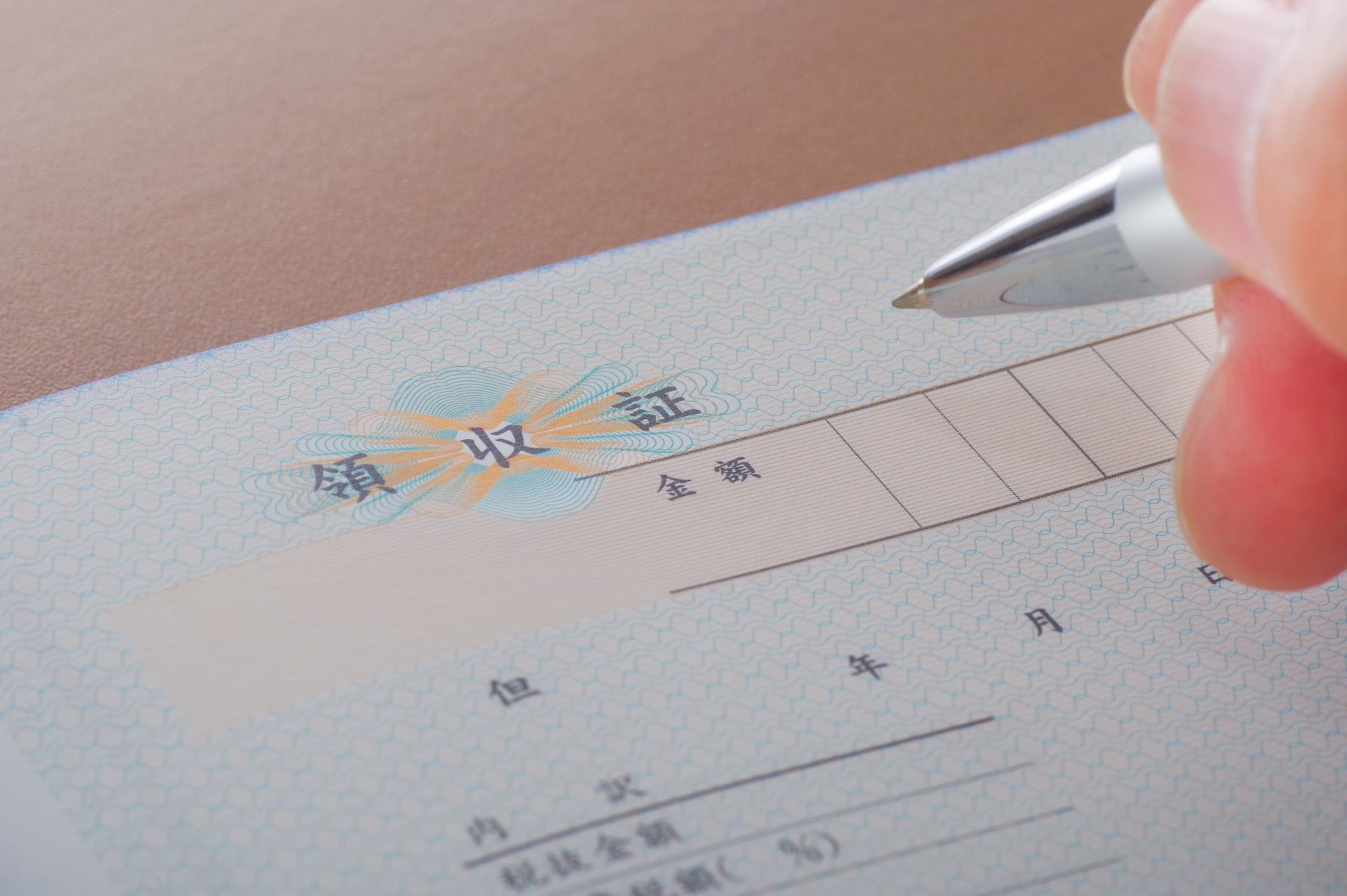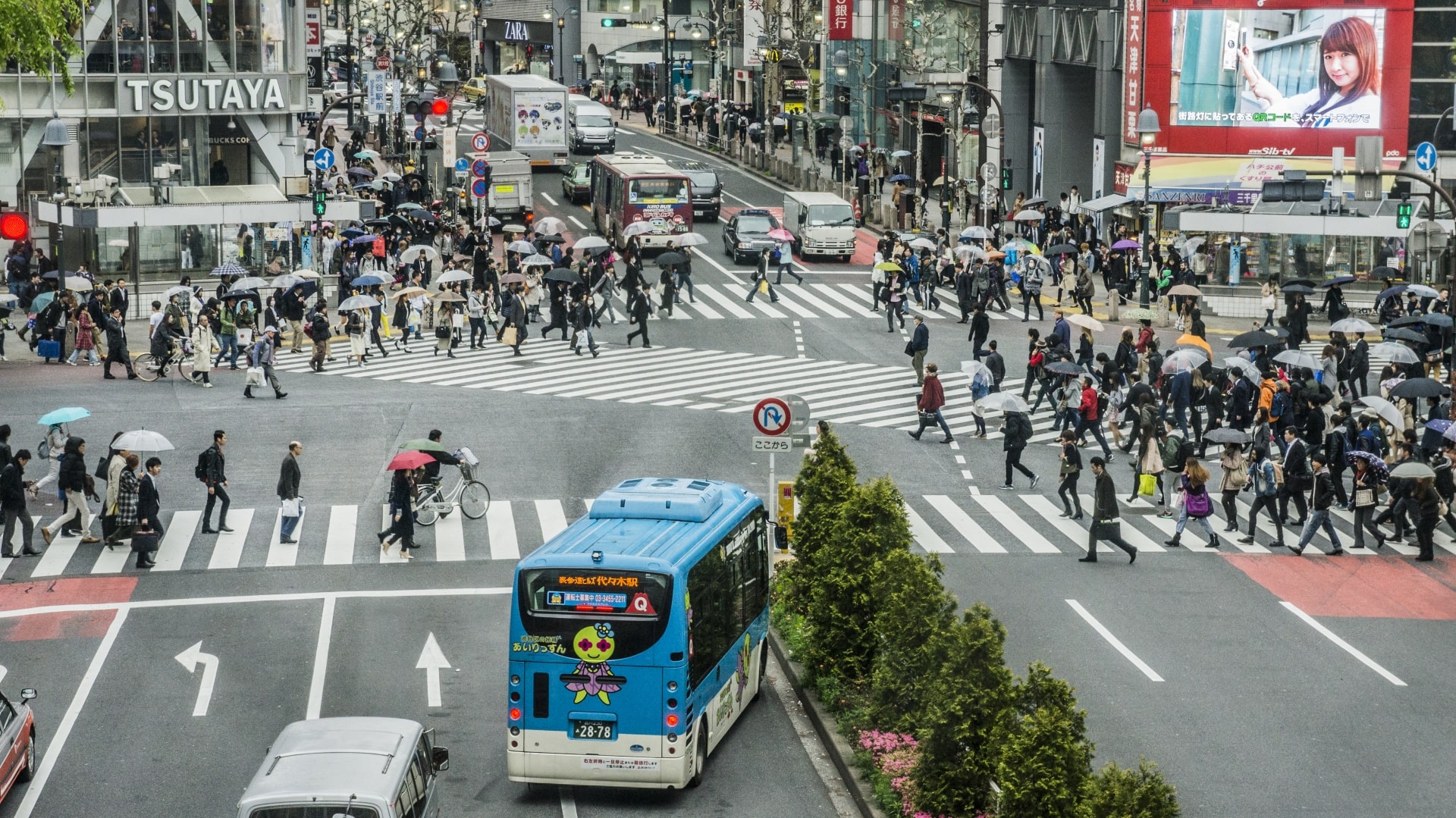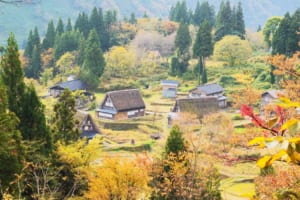Best and Worst Things about Living in Japan
Pros and Cons of Living in Japan
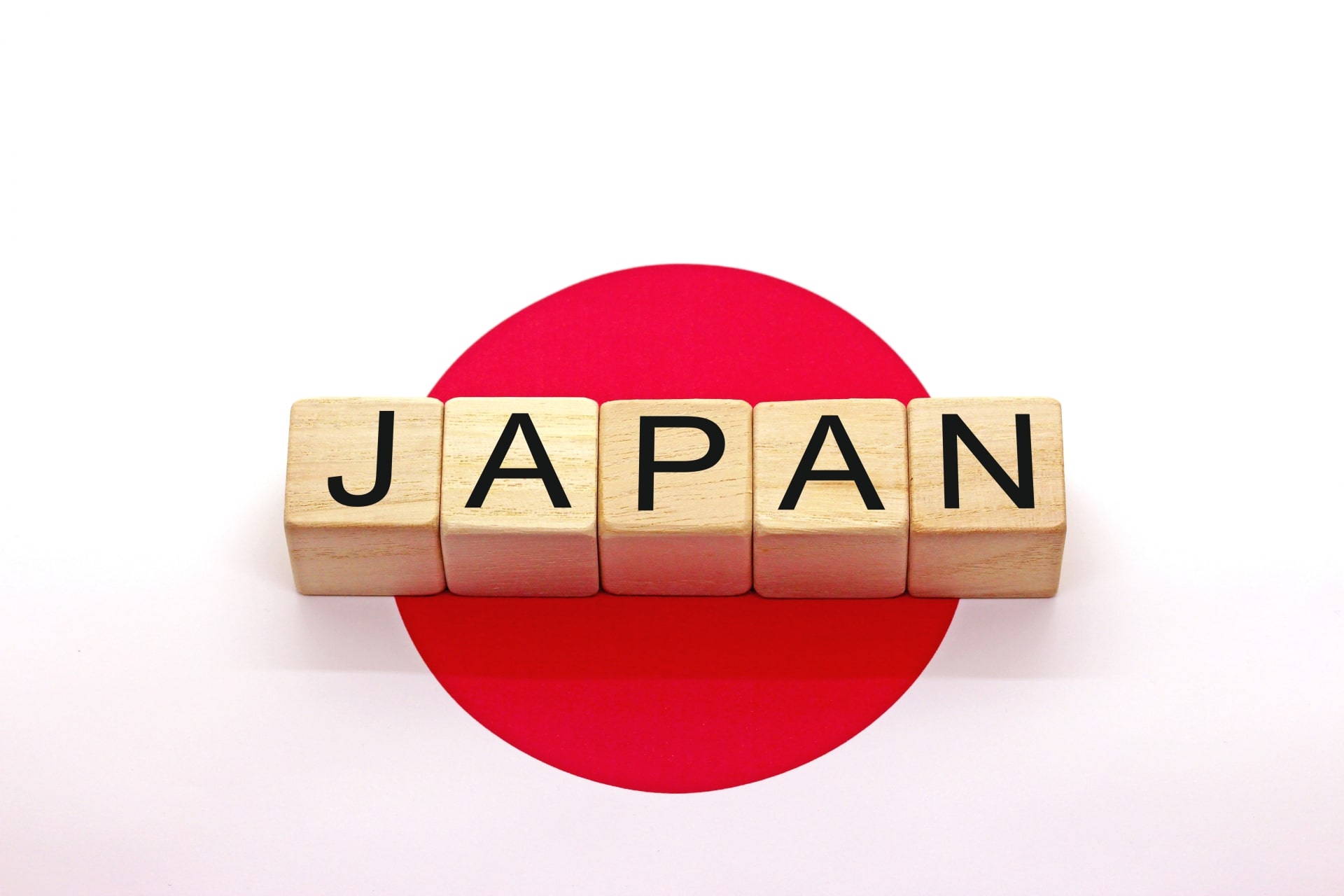
If you have ever wondered what it’s like to live in Japan, keep reading. Japan is known around the world for delicious food like sushi and the use of innovative technology like robots, but what about the daily aspects of life? Japan has many qualities that give it a high quality of life. But just like in any other country, life in Japan also has its drawbacks. Here is my list of the best and worst things about living in Japan.
*Please note that this article contains affiliate links.
Best Things About Living in Japan
1. Safety
Safety is the number one reason many people want to live in Japan. Japan has one of the lowest rates of violent crime in the world despite it having one of the busiest and most populated metropolises. According to the UNODC, there was just one fatal shooting in all of 2015. The murder rate is 0.3 per 100,000 people compared to 4 per 100,000 in America. No wonder Japanese kids can be so independent: they have a safe environment to cultivate their independence. Of course, safety benefits everyone, not only kids and families. Go for a jog in the early morning or after dark, take the metro home at anytime, go for a late night walk or experience the city nightlife. Safety allows you to enjoy the full spectrum of life, and for this reason, it is possibly the best thing about living in Japan.
2. Public Transportation
You may have already heard that Japan has an excellent public transportation system. Large cities like Tokyo have train lines that run through the city and beyond like fine capillaries. It is remarkable how punctual they are despite the staggering number of trains and buses that run simultaneously. Intercity transportation is just as good. The famous Shinkansen is Japan’s super fast, super safe, and super efficient bullet train. Whereas it takes over six hours to drive from Tokyo to Kyoto by car, it takes just three hours by Shinkansen. Because a good public transportation system supports better mobility, a healthier city, and overall convenience, this is one of the best things about living in Japan.
3. Cleanliness
Japan is famous for its cleanliness, particularly in big cities like Tokyo. If you have visited Japan, chances are it was one of the first things you noticed. Part of it has to do with a shared sense of community; the belief that we all share this living space and that we all have a responsibility to care for it. The cleanliness is a physical manifestation of this mindset. In Japan, even busy streets tend to be clean for two reasons: people litter less, and people clean more – and not just after themselves. It is a common site to see someone picking up litter along a street. Cleanliness makes the quality of life in Japan better, not only because it fosters a sense of community but also because it makes everything more convenient: public spaces are more usable, and people are more willing to use it.
4. Beautiful and Accessible Nature
Even in a big city like Tokyo, you can easily enjoy Japan’s natural beauty. Japanese people love nature, a love that is deeply rooted in the Shintoism, a religion that is intertwined with Japanese culture and everyday life. Shintoism is based on the worship of nature where natural objects are sacred. Japanese shrines embodies this spirit. In cities, shrines are natural oasis of serenity. Outside the cities, shrines will often be situated on a mountaintop. If you visit such a shrine, it makes for a nice (and usually mild) hike with a beautiful view. And of course, there is cherry blossom season where every corner of the country transforms into a postcard-perfect scene.
5. Convenience
It is not only Japan’s public transportation system that is efficient and convenient. In Japan, convenience reigns supreme. Everywhere you go, you will encounter people, systems, and things that are designed to make your life easier. For example, many stores still have parking attendants to guide you so you won’t have to wander around the garage on your own. Another famous example are the convenience stores, where you can do everything from buying snacks and meals to mailing parcels and paying the bills. Convenience makes daily life less stressful and is one of the best things about living in Japan.
Worst Things About Living In Japan
1. Work/Life Balance
Japan is known for a lot of great things, but it is also known for being home to the overworked salaryman. The good news is that, compared to even 25 years ago, the work culture in Japan has evolved to better accommodate private life. However, more is still expected from Japanese employees, from starting the work day with group calisthenics to nomikai (the culture of bonding with your colleagues or boss through drinking after work). Such high expectations translate into longer work hours, fewer employee entitlements, and less accommodation for personal circumstances. If you are a typical company employee in Japan, this is possibly the worst thing about living in Japan.
2. Summers and the Sun
Summers in most of Japan are intense. It is humid, hot, and relentlessly sunny. This type of summer weather typically begins after the rainy season in early to mid-June. One of the unique things about a Japanese summer is that it remains hot even after sunset. There is also not much variation from day to day – the high temperatures are stubbornly consistent. And even though you may like the sun, UV protection is a must because the sun is strong here. Luckily, there is a diverse range of sun creams for both children and adults, as well as hats, visors, armbands, and other products that offer sun protection. After a couple of summers, you will learn to always bring with you: a hat, sunglasses, sunscreen, and water.
3. Lack of Digitization
Since Japan is one of the most technologically advanced nations in the world, you might be surprised at the pervasiveness of paper forms here. You cannot escape paperwork in Japan. This means that many things like opening a bank account must be done in person. One reason for this is because Japan still uses the personal seal instead of signatures. The seal, called hanko, is your personal mark – so much so that if you lose yours, you might have to get a replacement from the same maker to ensure that it is identical to the original and will thus be accepted. Needless to say, there is no hanko equivalent of an electronic signature. The lack of digitization is especially apparent in the area of medical records. Because medical records are not digitized, they are also not centralized, so if you use different providers, be sure to keep track of your own paper records!
4. Strict Gender Roles
Just one generation ago, the typical stereotype of a Japanese father was one who always worked and had little time to spend with his family. The spheres of responsibility between men and women, mother and father, were separated. Nowadays, you will see plenty of women working, men spending quality time with their families, and fathers taking their kids to school. The lines are blurring, but compared to other wealthy democracies, Japanese society is still traditional when it comes to gender roles. This is one of the reasons fewer Japanese women marry now than a generation ago, and one of the reasons the birthrate continues to decrease.
5. Population Density and Lack of Space
Even for those of you who have moved from large cities, “crowded” takes on a new meaning in the Japanese metropolises. A rookie mistake is visiting IKEA on a weekend. The crowds are so dense that you shuffle along the walking path, letting the crowd carry you through the store like a river current. Once you pass a section, there is no going back. Picking a weekend activity is really a calculated risk: how much do you want to do it versus how long you will have to wait. On the weekends, you will see lines everywhere. Lines for bakeries, lines to get into museums, lines for parking, even kids lining up for a turn on the swings. The best way to work around this is to plan ahead or move farther from the city center.
Are you considering moving to Japan?
If you are moving to or looking for a place to live in Japan, Living Japan offers useful services to make the transition as easy as possible. Visit the website to make the purchase/renting experience an easy and comfortable one. You can inquire about properties listed on other real estate websites such as SUUMO and HOME’S. You can get everything done online (from room searching, room tours, and even contract procedures). Living Japan also offers to help you set up utilities such as electricity, gas, and water.
Their website is available in English, Chinese, and Korean. They also have customer service in these languages.
▶Official Website: https://www.livingjapan.com/
I hope you found this article interesting! These are my 10 best and worst things about Japan, but there is so much more to explore and learn about Japan. If you would like to read more about life in Japan, check out the following articles for more info.
Written by





